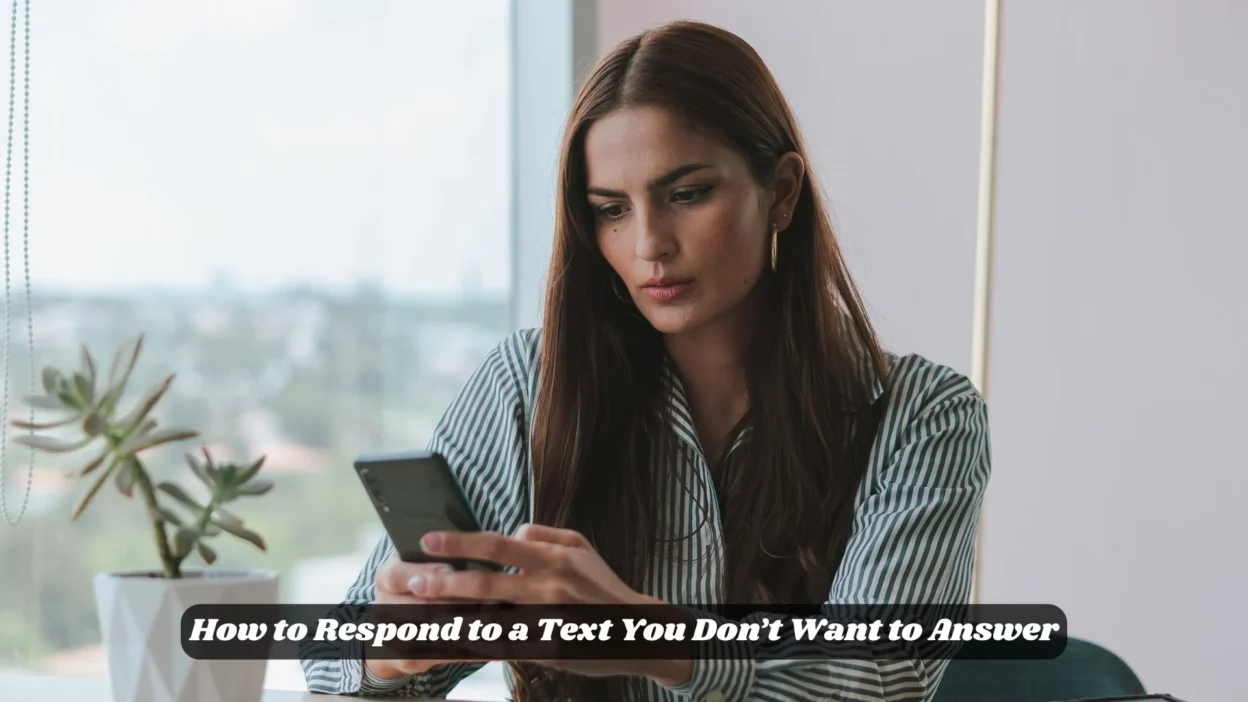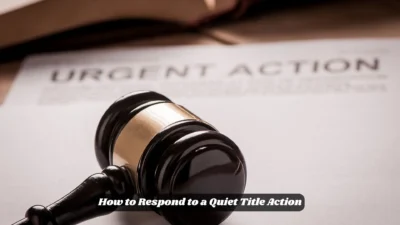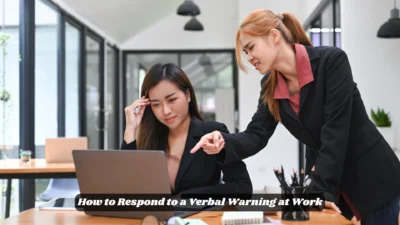You opened this article because you’re tired of awkward moments, overthinking replies, and ghosting people you didn’t mean to ignore.
You want to know how to respond to a text you don’t want to answer without sounding rude, distant, or dishonest. You’ve come to the right place.
Not every message deserves a full reply. Some texts are uncomfortable. Others are unnecessary. And some arrive at the wrong time.
The truth is, how you respond depends on the situation. A message from your boss, friend, or ex needs a different approach.
Below, we’ll explore many ways to say you don’t want to reply to a message — from formal to fun.
You’ll find over 120 easy-to-use expressions you can start using right now.
Sorry Generator
Formal Ways to Say You Don’t Want to Answer a Text
Use these when texting someone you don’t know well or in situations where politeness matters.
- I appreciate your message, but I won’t be continuing this conversation.
- Thank you for reaching out, but I prefer not to respond at this time.
- I’m unable to provide a reply at the moment.
- I kindly ask for understanding, as I am not in a position to respond.
- Due to current commitments, I will not be engaging in further discussion.
- Please understand that I choose not to respond.
- I am not available to engage in this matter.
- My response will be limited due to personal reasons.
- I must respectfully decline to continue this conversation.
- At this time, I’m refraining from responding.
- I’ll pass on this message for now.
- I prefer not to discuss this further.
- I do not feel comfortable responding.
- I won’t be able to assist further.
- I choose to step back from this conversation.
- I believe no response is the most respectful choice.
- I hope you understand my silence on this.
- I am unavailable to continue this exchange.
- I’m taking a break from messages at the moment.
- I will not be engaging in further texts.
- I appreciate your message but will not reply.
- Please consider this my final message on the topic.
- This is not something I am ready to discuss.
- I’m declining to comment at this point.
- I hope you understand my decision to remain silent.
- I am unable to offer a reply at this time.
- I’m not in the right space to continue texting.
- I must take a step back from texting.
- This is a topic I am not willing to address right now.
- I choose to remain quiet on this.
Informal Ways to Say You Don’t Want to Answer a Text
These are perfect for friends, acquaintances, or casual conversations.
- Not in the mood to talk right now.
- I’ll reply later… maybe.
- Can’t get into this now.
- Let’s just leave it here.
- Gonna skip replying to that one.
- Don’t really want to get into it.
- I’d rather not talk about this.
- Gonna stay quiet on that.
- Let’s not do this today.
- No reply is the reply.
- Just not feeling this convo.
- I’m out for now.
- I’ll pass on this chat.
- Eh… don’t really want to answer that.
- I’m keeping this one to myself.
- Nah, not today.
- Can we not?
- Ignoring this on purpose, not sorry.
- I need a break from talking.
- Let’s not go there.
- Too much for me right now.
- This is not it.
- I’m dipping out of this one.
- Maybe some other time.
- Can we skip this?
- Don’t want to text about that.
- I’m over this.
- This ain’t for me.
- It’s a no from me.
- Silence feels right here.
Idiomatic Ways to Say You Don’t Want to Answer a Text
Use these if you want to be clever, creative, or use phrases with a twist.
- I’m taking the silent route.
- Letting this one marinate in silence.
- I’m sitting this one out.
- This one’s going straight to the bench.
- My lips are sealed.
- I’m ghosting this one (on purpose).
- I’ll let that text float into space.
- Shutting the door on this.
- Letting sleeping dogs lie.
- Putting a pin in this forever.
- Not touching that with a ten-foot pole.
- I’m giving it the cold shoulder.
- That text just hit the brick wall.
- I’m turning off the tap.
- That one’s going in the vault.
- Letting the dust settle — forever.
- I’m hitting pause… indefinitely.
- Leaving that on read.
- Letting silence speak volumes.
- I’m putting that one in the rearview mirror.
- That message sailed right past me.
- Out of sight, out of mind.
- This is where I draw the line.
- I’m zipping it.
- I’m ghosting the ghost.
- Tossing that into the black hole.
- I’m pressing the mute button on this.
- That’s going under the radar.
- The reply is lost at sea.
- That’s getting the silent treatment.
Professional Ways to Say You Don’t Want to Answer a Text
These are ideal for work emails, chats with colleagues, or industry connections.
- I will not be commenting on this topic.
- Thank you, but I’ll refrain from responding.
- I’m currently not engaging in further discussion on this.
- Due to workload, I won’t be replying to this message.
- I’ve noted your message, but I have no further input.
- I’ll step back from this conversation for now.
- This falls outside the scope of my role.
- I appreciate the message, but I won’t be replying further.
- I am choosing not to respond at this time.
- I have no comment to offer currently.
- I’m not the right person to continue this dialogue.
- Please direct further messages elsewhere.
- My focus is currently on other priorities.
- I won’t be available for further discussion.
- This does not require a response.
- I’ve seen the message but won’t engage further.
- I trust this clarifies my position.
- I’m choosing to conclude the conversation here.
- I’ve made my final input.
- This is not something I’ll be continuing.
- I respectfully decline to comment.
- I have decided not to participate in further communication.
- My silence is intentional and respectful.
- I’m not pursuing further dialogue on this matter.
- Please consider this closed from my end.
- My availability is limited for extended conversations.
- I am not in a position to respond further.
- Thank you, but I’ll opt out of this thread.
- I’ve reviewed it, but I have no reply to share.
- My focus has shifted to other tasks.
- This conversation is now outside my bandwidth.
Conclusion
Learning how to respond to a text you don’t want to answer is a powerful skill. It helps you set boundaries without burning bridges. Whether you’re talking to a friend, colleague, or stranger, the words you choose can shape how you’re seen. Start by picking the tone that fits best — formal, casual, creative, or professional. Then, keep these phrases ready. With practice, you’ll reply (or not reply) with confidence and grace.

Maxwell Scott is a passionate storyteller, creative thinker, and lifelong learner based in the United States. With a background in literature and media studies, Maxwell has spent over a decade exploring the human experience through words. His writing style blends emotional depth with sharp insight, often reflecting on themes of identity, resilience, and personal transformation.
As a dedicated author, Maxwell believes in the power of stories to connect people across cultures and generations. His work has been featured in literary journals, online platforms, and various independent publications. Known for his compelling characters and thought-provoking narratives, he continues to inspire readers with every new page.
He is the author of several acclaimed works, including “The Quiet Within”, “Letters to the Lost”, and “When the Light Fades”—books that have touched thousands of hearts around the world.




